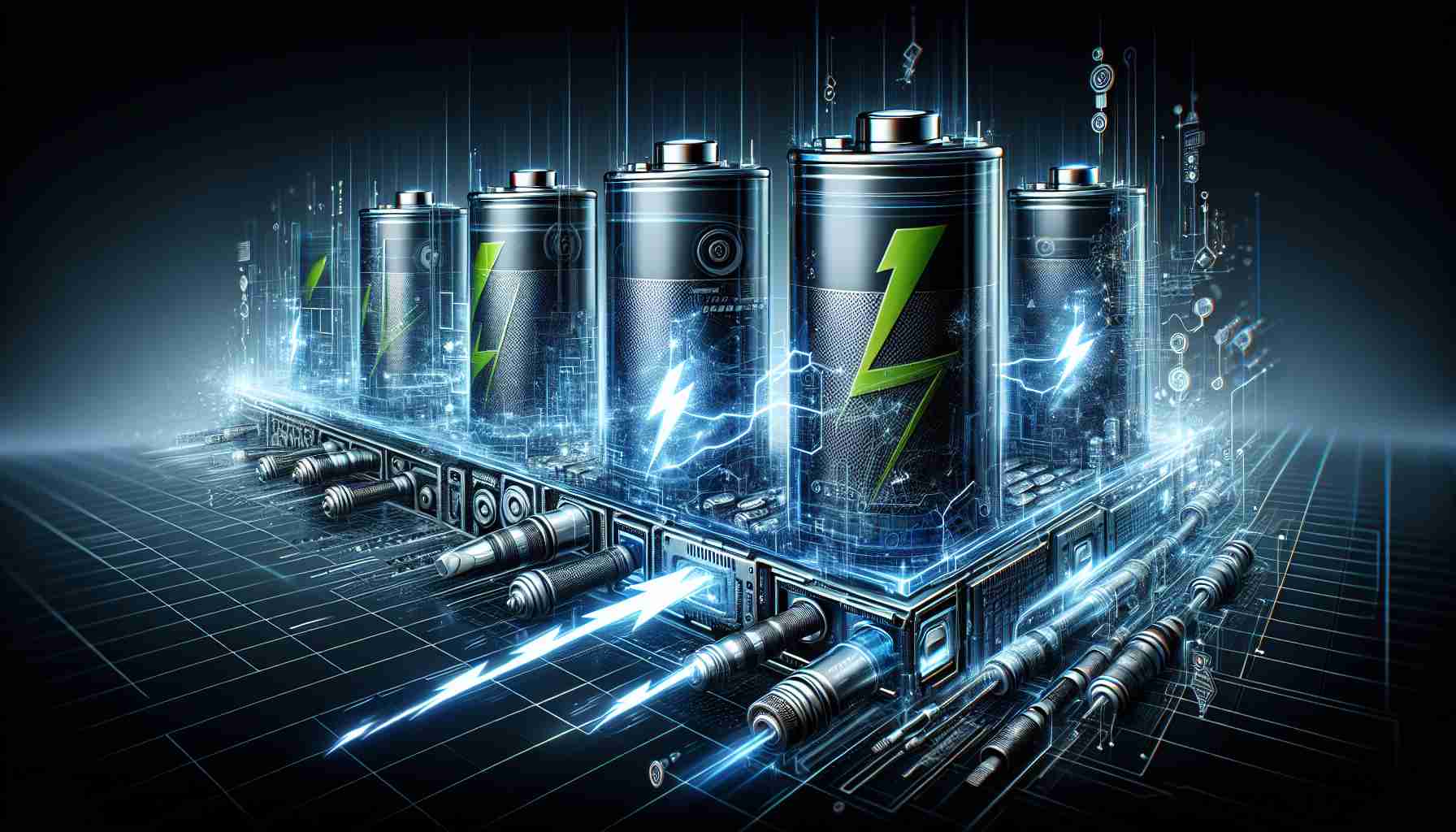Solidion Technology Inc. (STI) has unveiled a cutting-edge innovation that could transform the electric vehicle (EV) industry. They have created a patented battery technology that allows lithium batteries to charge in just five minutes. This remarkable development is facilitated by a graphene-based thermal management system that effectively controls battery temperature during both charging and operation.
The heart of the innovation lies in the use of a graphene heat spreader, which boasts an impressive thermal conductivity of 5,300 W/m-K, far surpassing that of traditional copper at only 410 W/m-K. This superior thermal property enables the system to seamlessly alternate between heating while charging and cooling during discharge, a feature that addresses the critical challenges faced by current EV batteries, especially in colder climates.
This technology stands out because it offers rapid charging capability across various weather conditions, mitigating one of the major hurdles in widespread EV adoption. Solidion Technology aims to have this breakthrough on the commercial market in the next two to three years, potentially accelerating the shift towards electric mobility.
With this development, Solidion Technology is poised to significantly impact the future of electric transportation, offering a solution that makes EV charging as quick and convenient as stopping for fuel. The promise of ultra-fast battery charging could be the tipping point that encourages more consumers to embrace electric vehicles, further paving the way for a sustainable future.
A Game-Changer in Electric Mobility: How Solidion’s Breakthrough Could Alter the EV Landscape
Solidion Technology Inc.’s recent innovation in battery technology is generating buzz, but there’s more to explore about how this could reverberate across the globe. Beyond the immediate excitement of five-minute charging times for electric vehicles (EVs), this breakthrough holds potential implications, both promising and challenging, for people, communities, and countries worldwide.
Unpacking the Global Impact
One of the principal effects of Solidion’s technology is its potential to democratize electric transportation. With fast-charging capabilities, EVs become more accessible to populations previously hesitant to switch due to long charging times. This innovation could be particularly transformative in developing countries where infrastructure for charging stations is minimal or non-existent. Rapid charging can alleviate the need for widespread charging station networks, thereby lowering the cost and investment barriers to entry in these regions.
Controversies and Challenges
While the rapid advancement in charging technology is largely seen as a positive development, it comes with its own set of controversies. The production and disposal of lithium batteries pose significant ethical and environmental challenges. As the demand for lithium surges with technology like Solidion’s, questions around sustainable mining practices and recycling methods become more pressing than ever. The geopolitical dynamics around lithium extraction are also noteworthy, with countries like Chile, China, and Australia currently dominating the market, potentially leading to economic dependencies and trade disputes.
Debating the Advantages and Disadvantages
The advantages of Solidion’s innovation are clear: reduced charging times imply greater convenience and adoption rates for EVs, which are crucial steps toward reducing carbon emissions and combating climate change. Faster charging can also help integrate EVs into public transport systems, including buses and taxis, contributing to cleaner urban environments.
However, the fast-paced transition also has disadvantages. The infrastructure needed to support high-speed charging—such as enhanced power grids—might lag without strategic investments, particularly in underdeveloped areas. Additionally, there are concerns about the long-term durability and safety of batteries subjected to rapid charging cycles.
Key Questions and Answers
– Will this technology make EVs affordable for everyone?
While rapid charging reduces certain barriers, achieving affordability depends on other factors like production costs and subsidies. The initial cost to adopt these technologies could be high.
– Is it safe to charge batteries this quickly?
Solidion’s graphene-based system is designed to mitigate the risks associated with rapid charging, such as overheating. However, long-term effects remain to be thoroughly studied.
– What about existing EVs?
Retrofitting existing vehicles with this technology could be challenging and costly. It may be more feasible for future models, suggesting a gradual transition period.
For more updates on electric vehicles and related technology innovations, you can visit Forbes or Tesla.
Final Thoughts
As Solidion progresses toward commercializing this technology, all eyes remain on its development and implications. The potential to significantly accelerate EV adoption is undeniable, but it needs to be balanced with thoughtful considerations of environmental impact and infrastructure challenges. The race towards a fully electric future is more alive than ever, marked by both opportunities and obstacles in equal measure.
https://youtube.com/watch?v=jjk1h__3G_U







